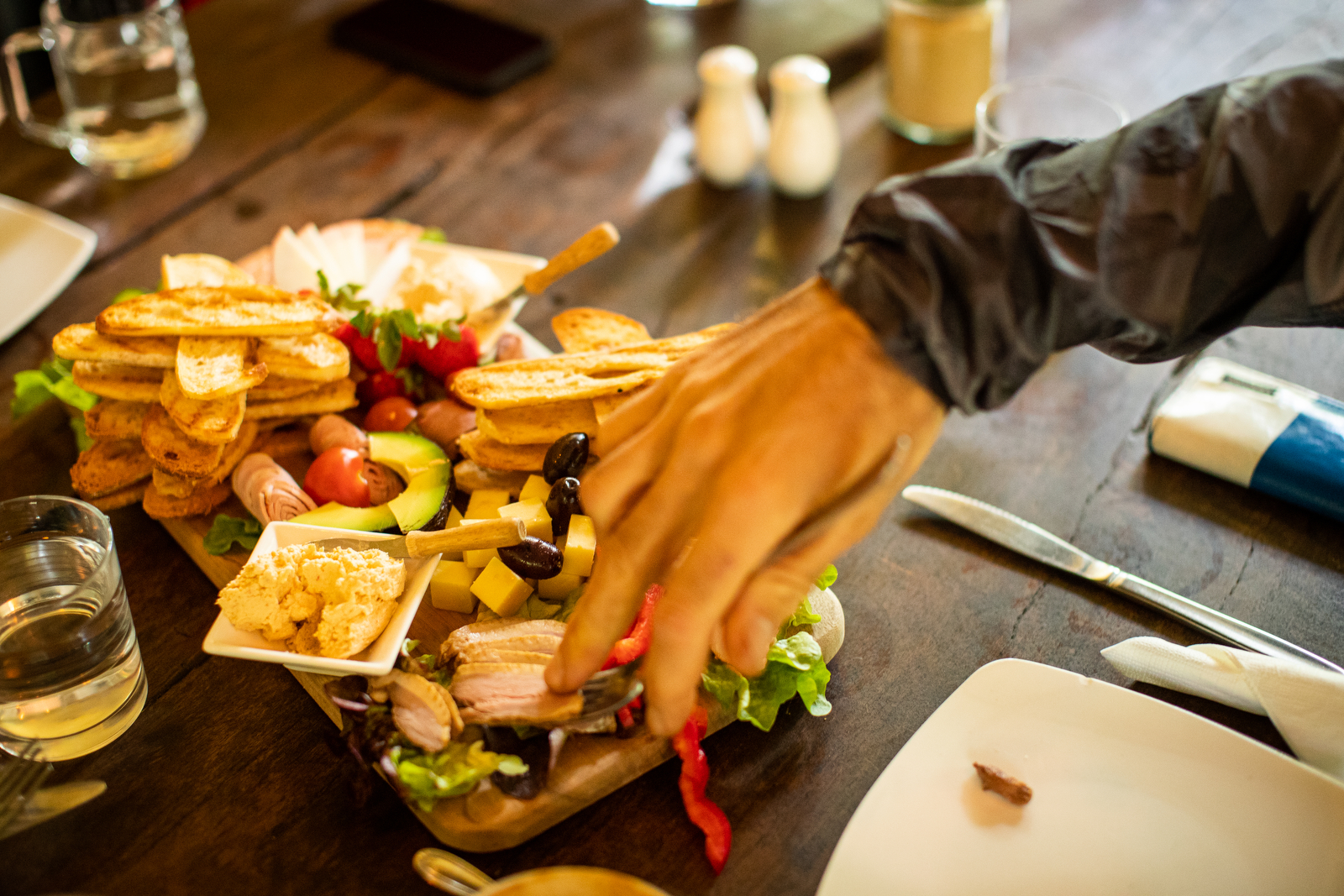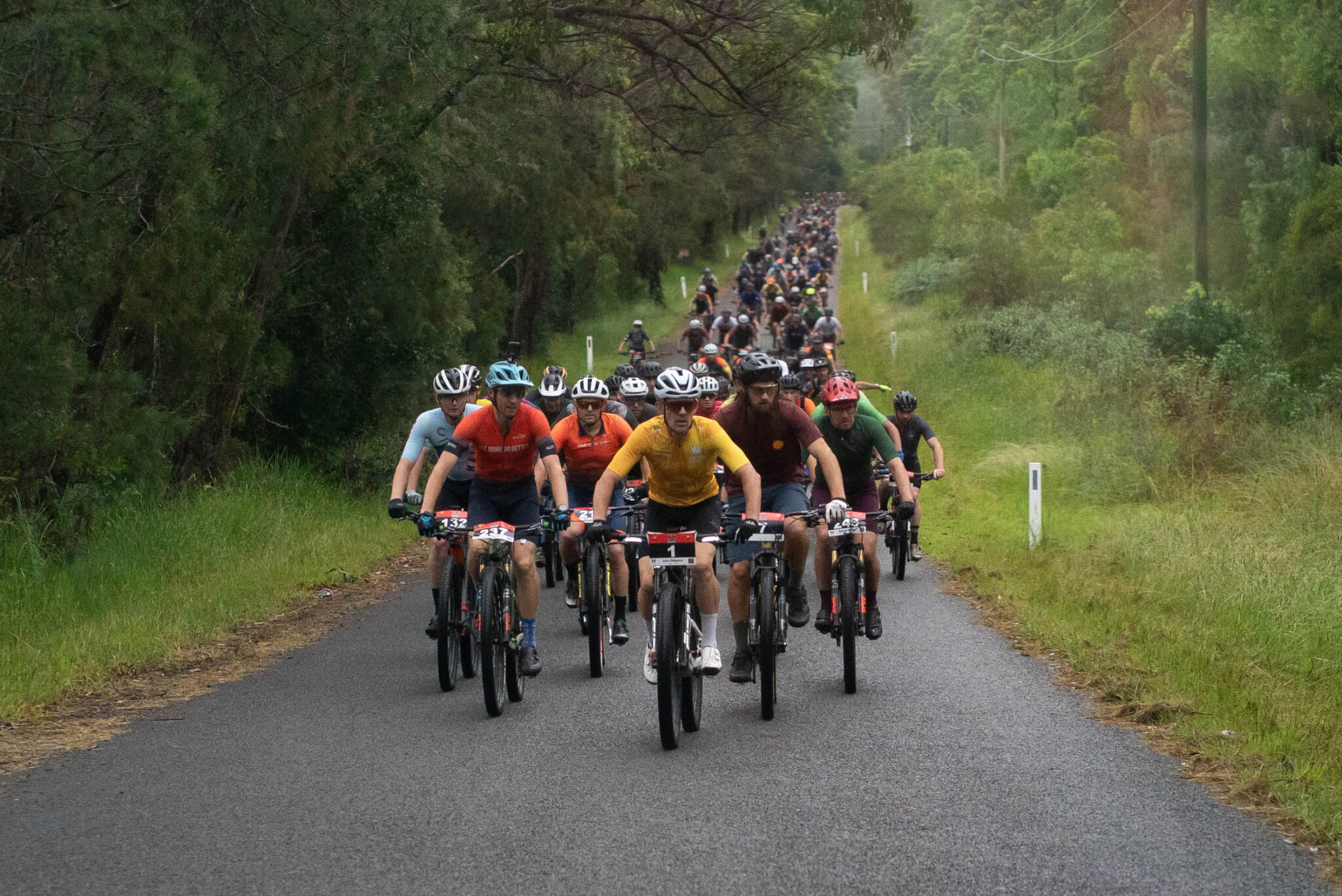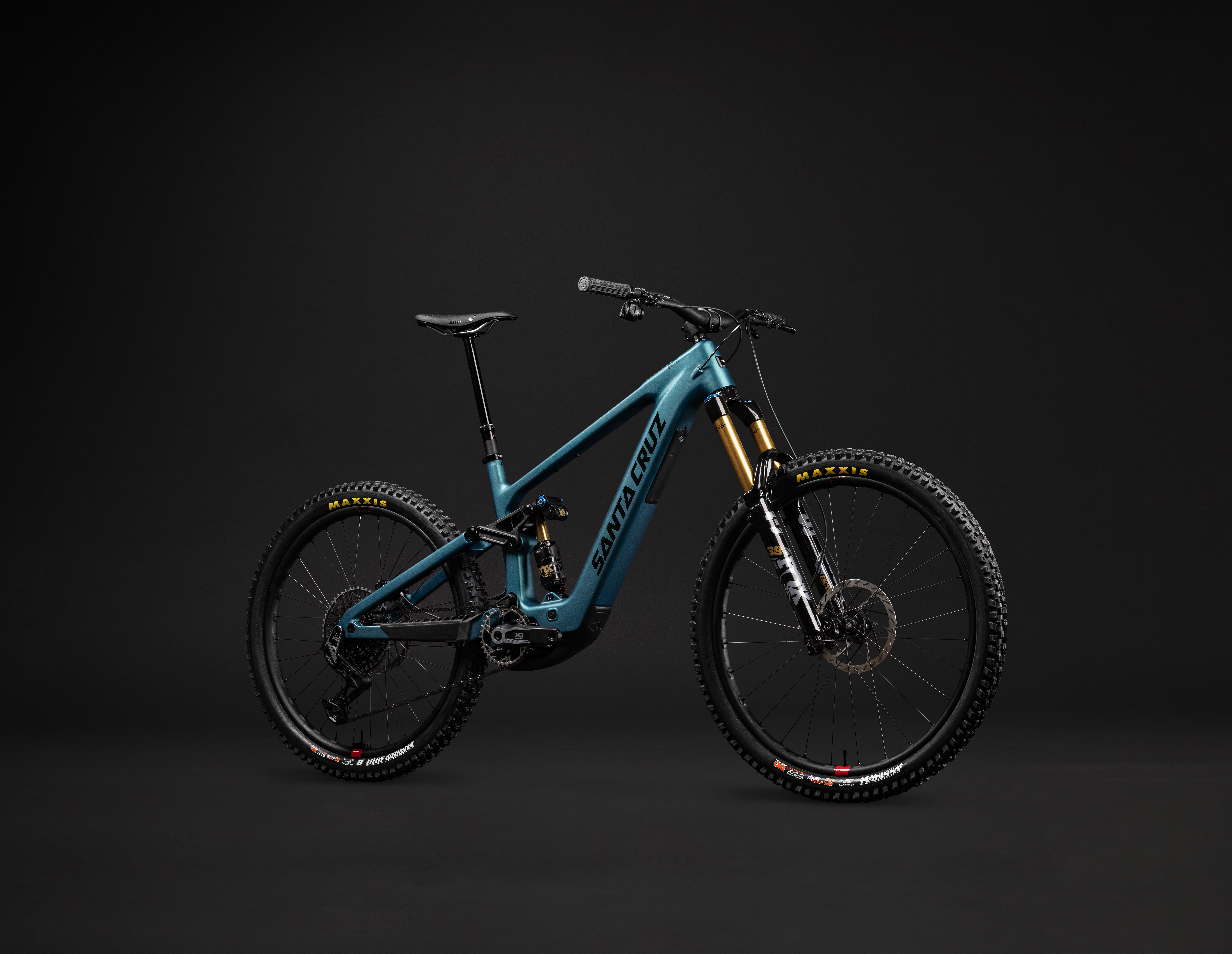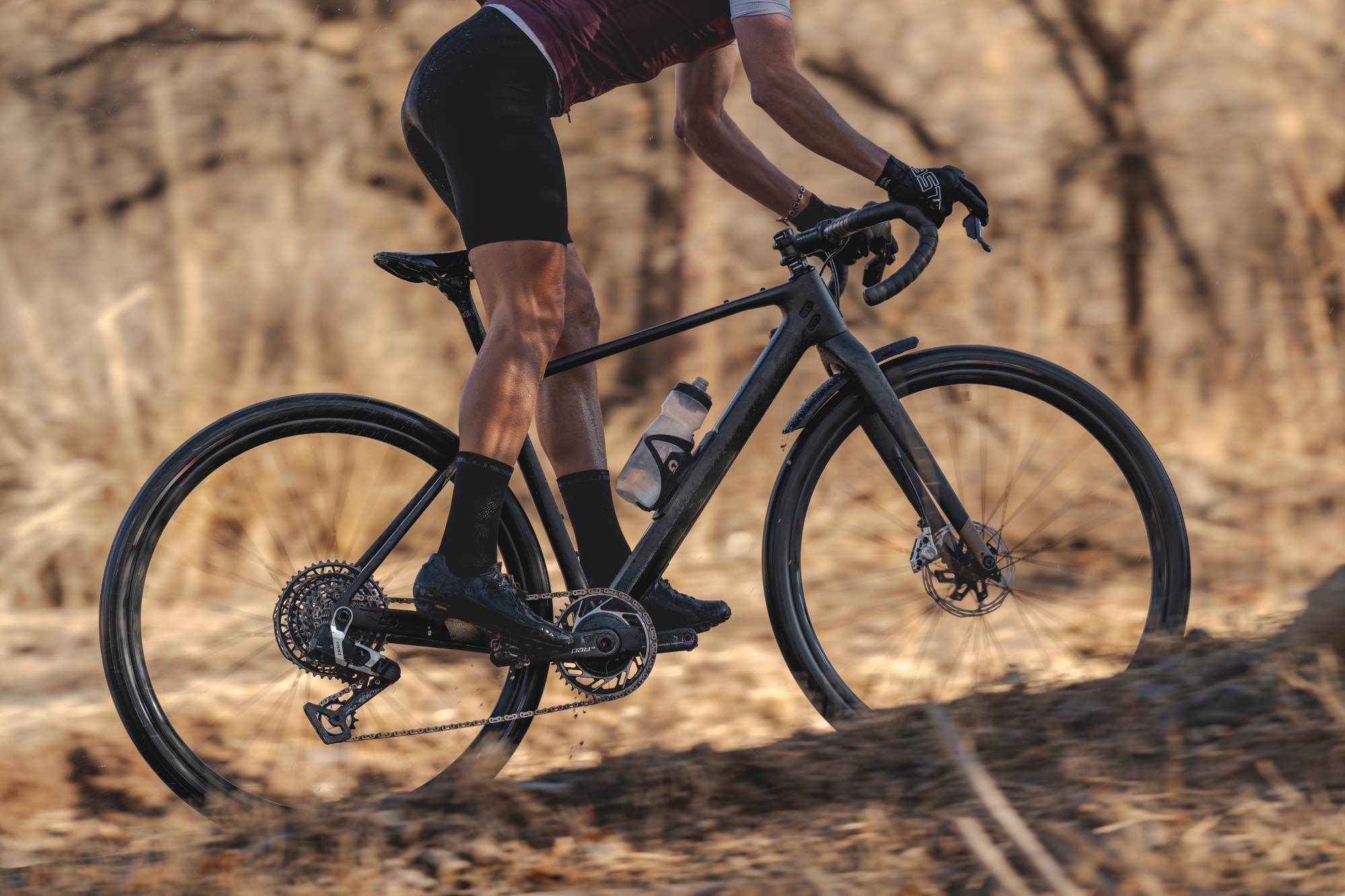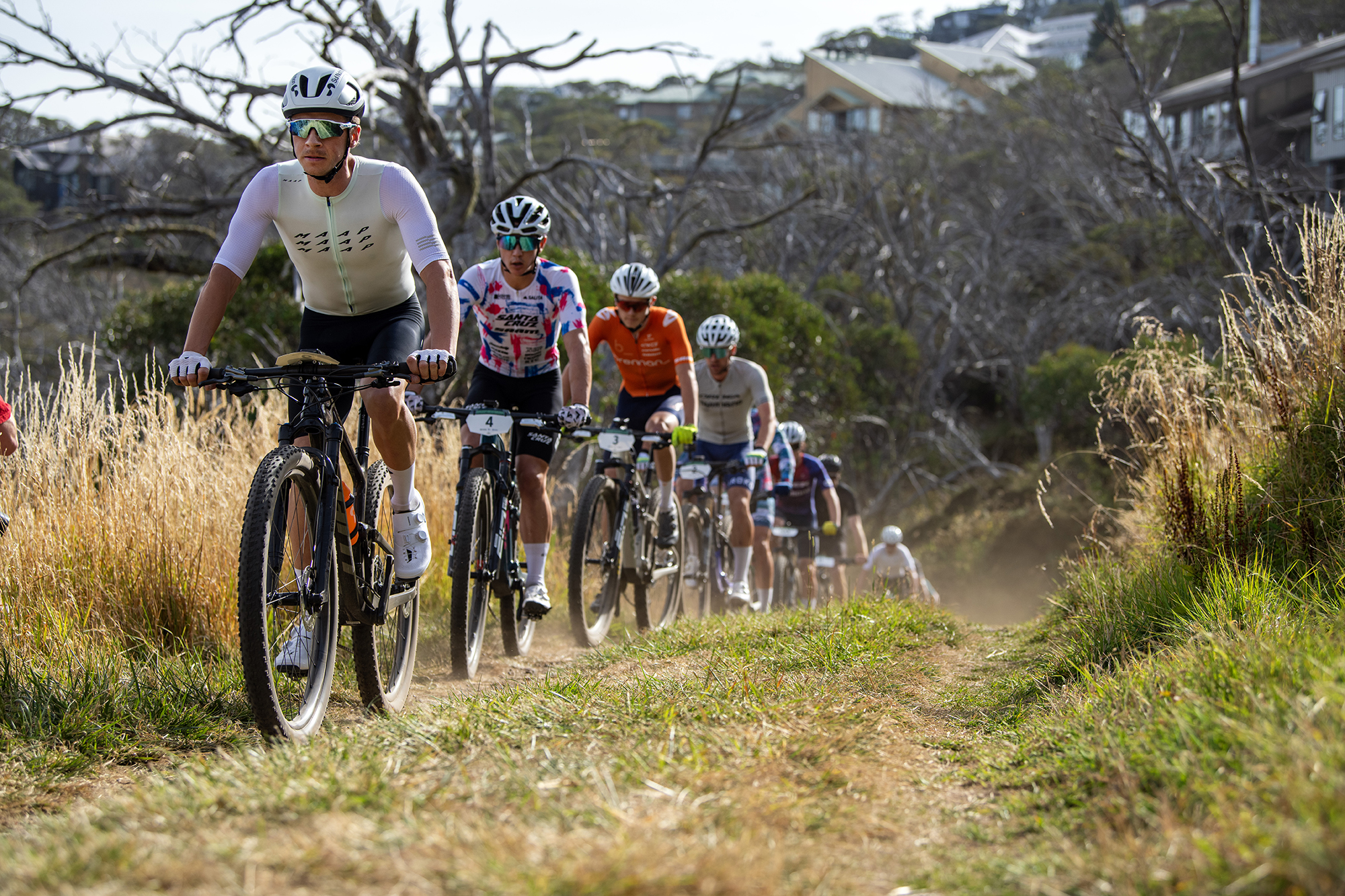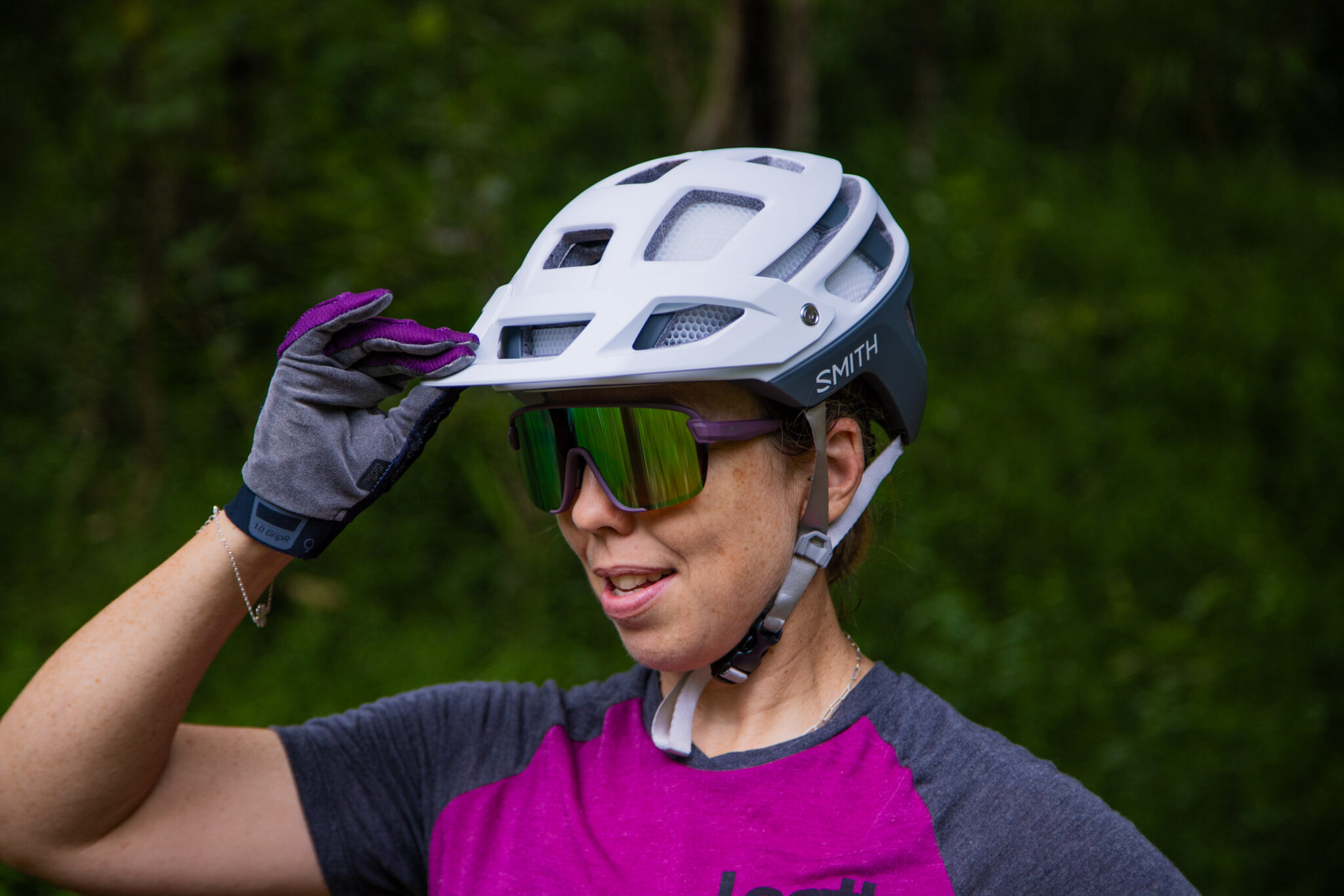NUTRITION: Over 50? How to use nutrition to boost your performance on the bike.
Regardless of your mountain bike experience, if you’re over 50 and want to perform on the trails, good nutrition is essential. Try these tips to nail your nutrition and maximise performance on the bike.
Words: Zoe Wilson
Photos: Mike Blewitt, Nick Waygood
With ageing comes changes to our bodies and brain which can be exciting or frustrating. Knowledge and wisdom can be great, but a slower metabolism, reduced bone density or more painful joints, not so much. If you want to ride well, maximising nutrition is one key to improving performance especially as you age, not to mention the flow-on benefits to physical and mental health.
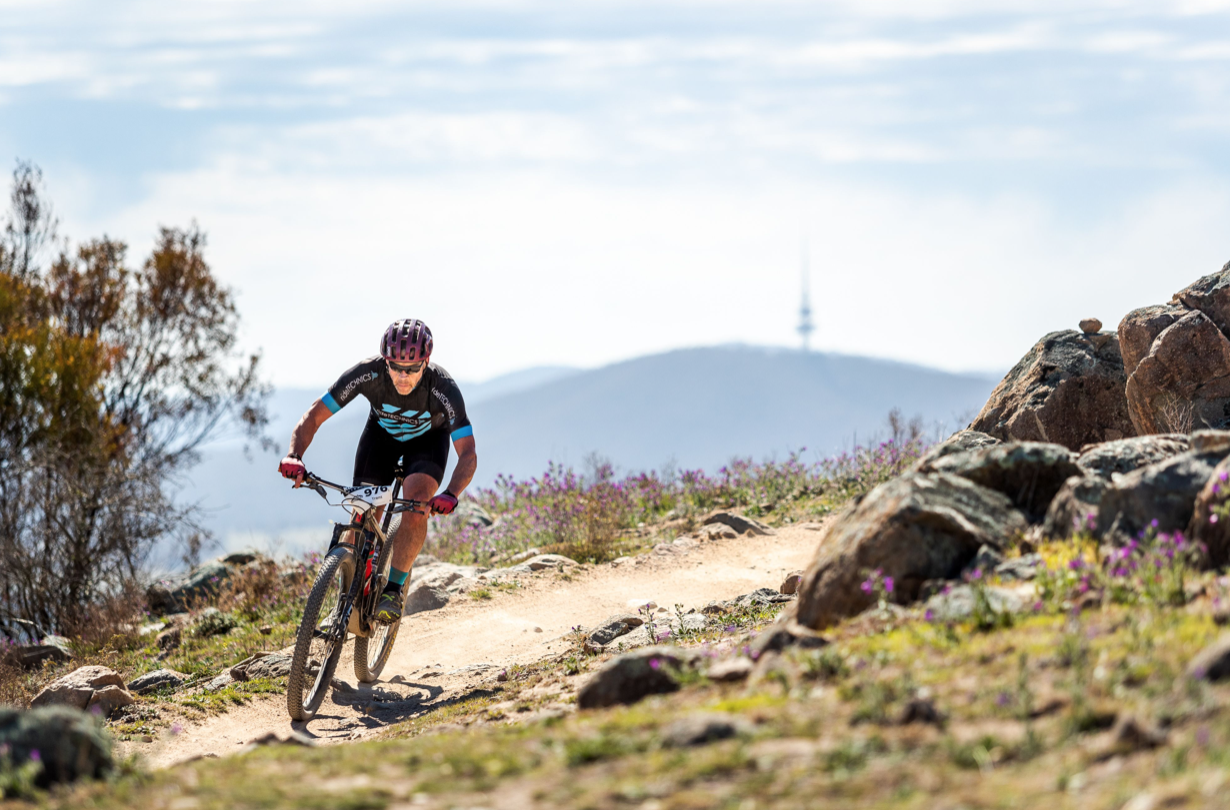
Specific age-related changes to the body that can negatively impact performance on the bike include reduced bone density, reduced muscle mass often resulting in weight gain, decreased thirst perception, and reduced flexibility and strength. Thinking carefully about what you eat and when will help to mitigate these changes and pay big dividends on the trails and to overall health.
Eating to match training needs
As you age, protein needs increase, but carbohydrate and energy needs decrease slightly. This means eating to match training is important to manage body composition, energy levels, mood and ultimately performance. A 2021 study published in Nutrients suggested older athletes should aim for at least 1.2g protein and 8g carbohydrate per kilogram of body weight per day for optimal health and performance.
The same authors also suggest making sure you are eating enough to cover training, so the body still has adequate calories to function optimally and fuel daily activities. This means if you’re trying to lose weight but protect health and performance a more nuanced approach is needed rather than just eating less every day.
Do try this at home:
- On rest, recovery or light training days, fill half your plate with vegetables, a quarter with protein and a quarter with quality carbohydrates at meals to reduce overall calorie intake.
- On heavy or high intensity training days, shift the ratio a little to a third of each and focus on food around training to provide enough fuel for training and recovery.
Fuelling before training
Regardless of age, eating well before training and races will help you get the most out of the session and ensure a speedy recovery. Carbohydrates are the best fuel for the body, so include these prior to rides. You can also kick start recovery before you even start the session by including a little protein – this is especially important for women.
Do try this at home:
- Eat easily digestible carbohydrates and a little protein before training/racing especially if an hour or longer. Good options include cereal, yoghurt and fruit, toast or rice cakes with peanut butter and honey, or a muesli bar.
Fuelling during training
Fuel and fluids remain the most important factors for performance regardless of age. Carbohydrate stores are finite so will run out if not topped up during a long or high-intensity session and dehydration negatively impacts performance. However, as you age, there are slight differences to take note of. As you get older less carbohydrate is needed during exercise than as a younger athlete and the type of carbohydrate tolerated by the gut may change. Ageing also reduces thirst, which increases the risk of dehydration impacting on performance during a session.
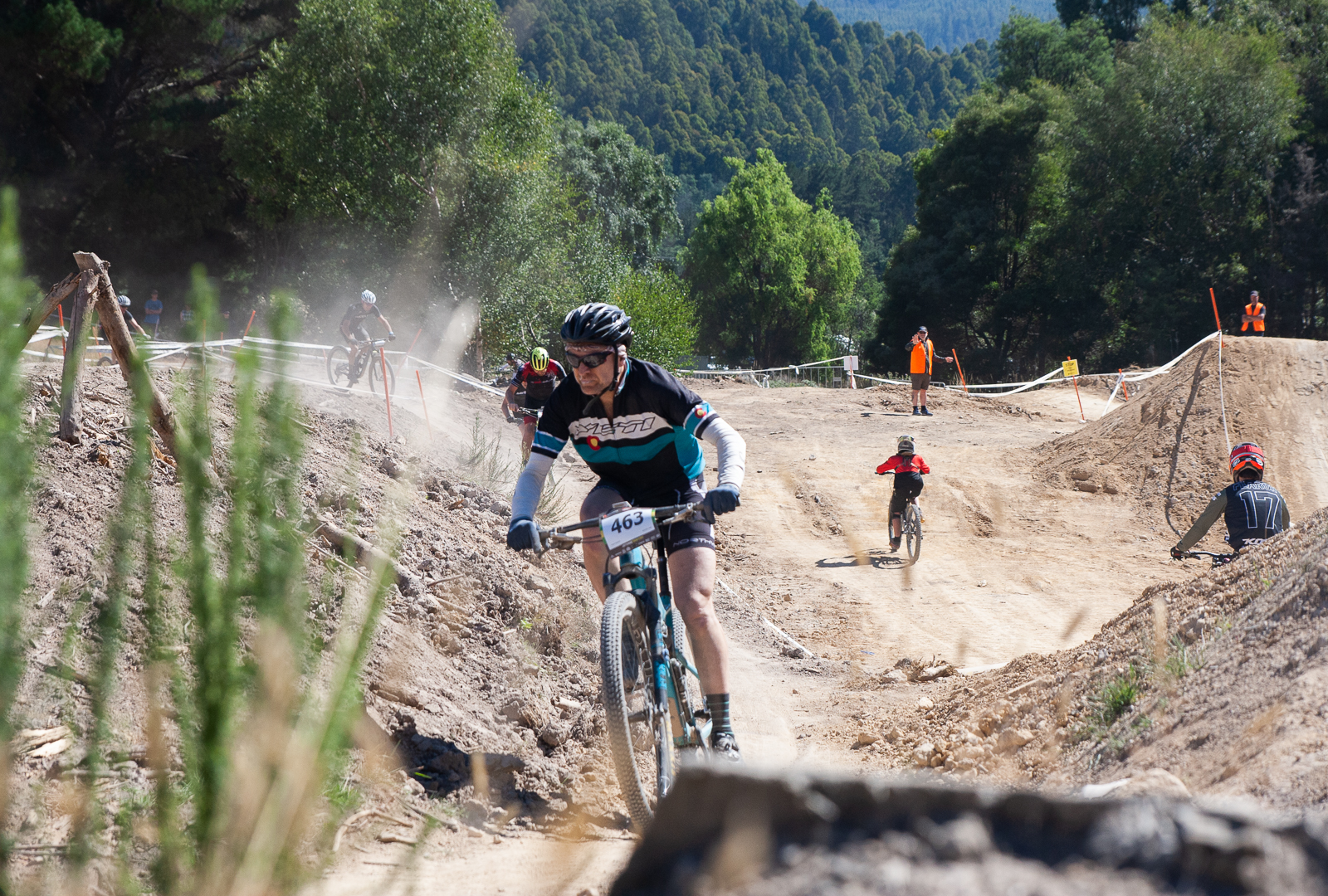
Do try this at home:
- Aim to eat or drink 30-60g carbohydrate per hour during a ride (up to 90g if very high intensity or long rides). However, practice in training to find what amount works for you.
- Shift away from high fructose carbohydrates to glucose options if eating during rides is becoming more difficult for the gut. Check the labels on sports products or go for more whole food options like sandwiches or muesli bars which can be easier on the gut.
- Test your sweat rate by weighing yourself before and after an hour-long session (wearing minimal clothes and dried off). This will give you an idea of how much you need to drink per hour during a ride in certain conditions so you can come up with a fluid replacement plan and remind yourself to stick with it, particularly on hot days.
Fuelling optimal recovery
Good recovery nutrition helps the body bounce back faster, improves energy levels and mood, and prevents injuries. Research is still evolving in this area, but it seems that the recovery window is longer than first thought and may be up to 3-4 hours for women and 18-24 hours for men. Rather than focusing just on the 30-60 minutes after training, what you eat around training and across the day can therefore have a big impact on recovery.
Do try this at home:
- Start your post-ride recovery by eating soon after you finish before life gets in the way. Go for protein, carbohydrate and fluids. Try a smoothie, cereal with milk or a sandwich with juice.
- Then, try to eat protein every 3-4 hours during the day (ideally 20-30g protein at meals and 10-15g in snacks). Bonus: eating protein regularly during the day helps to reduce cravings at night as well.
- End the day with some extra protein before bed to help with muscle building and repair and sleep.
Carbohydrates during menopause
Women in perimenopause or menopause have slightly different carbohydrate needs. If this is you:
- Eat at least 110-120g carbohydrate per day (low carb is not a good idea!)
- Be sure to add carbohydrates in around training
- Choose colourful fruits and vegetavles, lentils or wholegrains rather than processed carbohydrates to boost the vitamins and minerals in your diet.
Key Nutrients for health and performance
Performance and health can be impacted by a lack of certain nutrients including calcium, vitamin D, unsaturated and omega-3 fatty acids and vitamin B12. Ageing, medical history and some medications can all impact the ability to absorb and utilise these nutrients.
Calcium and vitamin D are two of the most important nutrients for older athletes, particularly women, as needs increase and intake is often inadequate. Calcium is important for bone health as well as muscle and cardiac function. Men over 70 and women over 50 require an additional 300mg of calcium per day to support health (1300mg total). Vitamin D is also important key for bone health and muscle function, but also supports the immune system. Ageing can reduce the skin’s ability to produce vitamin D by up to 50% and dietary sources of vitamin D are often inadequate to meet requirements, leading to deficiencies. Supplements may be helpful for these nutrients but it’s best to discuss with your GP, sports physician and sports dietitian to see what is best for you, your medical history and training and racing goals.
Do try this at home:
- Aim for 3-4 serves of high calcium foods each day. Think milk, yoghurt, cheese, soy milk, tofu, salmon, sardines, almonds or tahini.
- Eat vitamin-D rich foods such as eggs, mushrooms, dairy and oily fish regularly and check the recommendations for sun exposure for vitamin D production for your area
- Include lean proteins, nuts and seeds and oily fish regularly to provide your body with good fats, vitamin B12 and iron.
Training with existing medical conditions and medications
Older athletes are more likely to have medical conditions managed with medication which can have side effects impacting on performance. If this is you, discuss your medication and training goals with your GP or sports physician.

